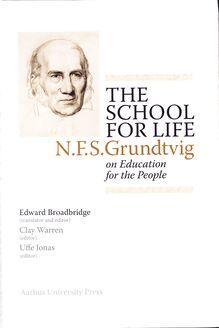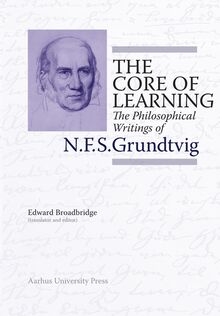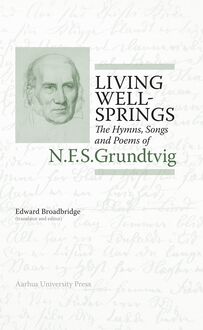The School for Life , livre ebook
441
pages
English
Ebooks
2011
Obtenez un accès à la bibliothèque pour le consulter en ligne En savoir plus
Découvre YouScribe en t'inscrivant gratuitement
Découvre YouScribe en t'inscrivant gratuitement
441
pages
English
Ebooks
2011
Obtenez un accès à la bibliothèque pour le consulter en ligne En savoir plus
Publié par
Date de parution
29 août 2011
Nombre de lectures
3
EAN13
9788771242638
Langue
English
Poids de l'ouvrage
5 Mo
Publié par
Date de parution
29 août 2011
Nombre de lectures
3
EAN13
9788771242638
Langue
English
Poids de l'ouvrage
5 Mo




